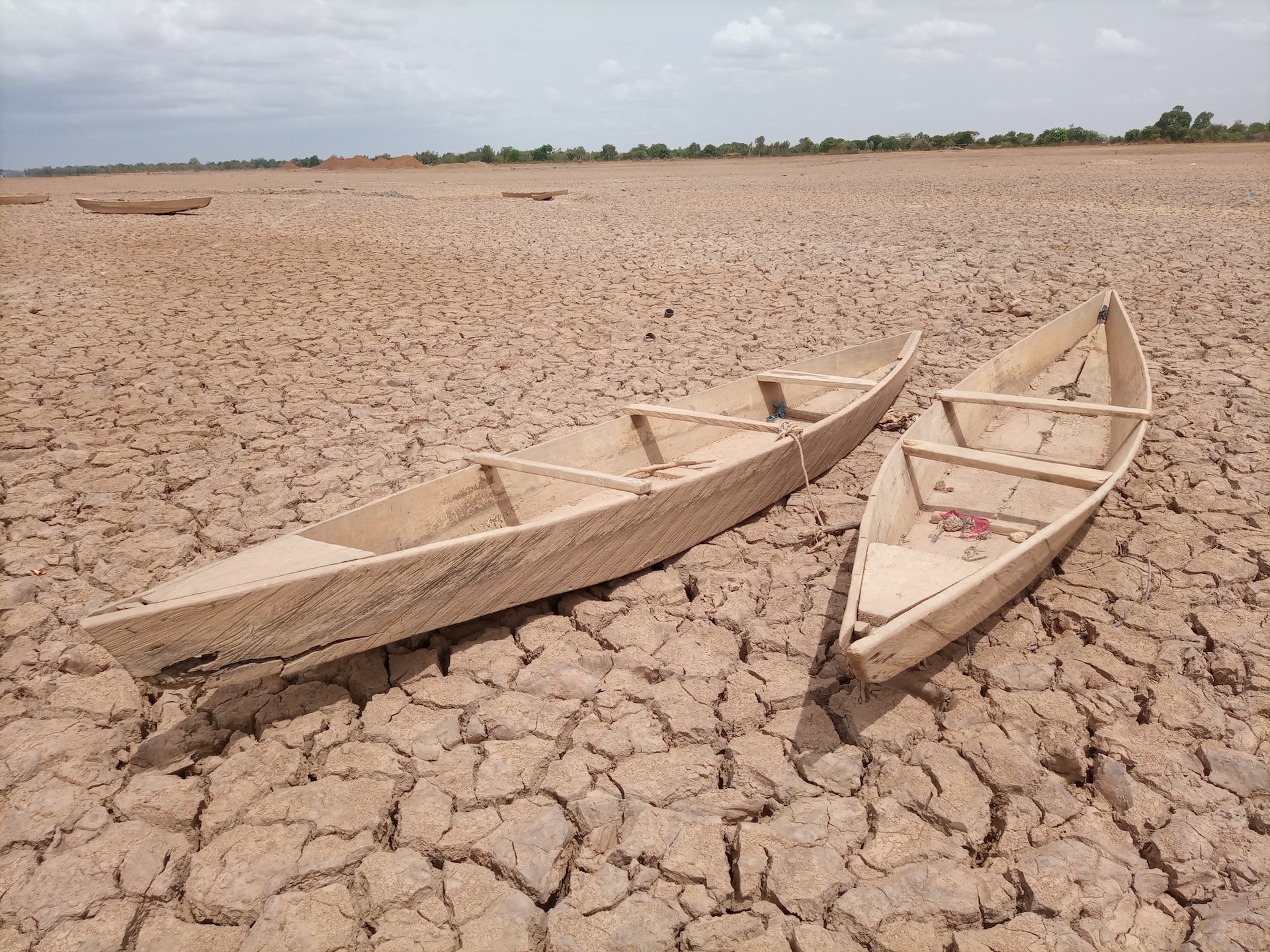Consider these facts:
● July 2023 was the hottest month on record, marked by heatwaves and fires worldwide.(1)
● According to the United Nations refugee agency, UNHCR, approximately 21.5 million people have been displaced yearly since 2008 because of extreme weather and other climate-related impacts.(2)
● In the United States, last year, the cost of climate and weather disasters marked the third most costly year on record, totaling more than $165 billion.(3)
(For additional related information see Voices from the Roof of the World, an AKU series on the impact of climate change).
Statements such as these indicate the impact of climate change on human beings and issue an urgency for discussions around the topic in our Jamat. The natural environment, or vata varan in Gujarati, qudrat in Urdu, and jahan in Farsi, includes all of Allah's creation - from water, air, and plants to people and animals. Pir Sadardin speaks of God's gifts of nature to human beings in this ginanic verse:
Eji duniya sirjine Shah more anna upayaji
Pavan pani paeda kidhaji
Meaning: O brother! My Lord, having created this world, produced food. He also created air and water.
Kelly

These gifts of God, which make up the natural environment, speak to us in non-human languages. How can we listen and respond? As Allah's vicegerents on Earth, the responsibility for caretaking is more significant upon us. Perhaps we can aim to listen to the needs of nature by observing them in many ways and responding with compassion. We begin our collective journey towards environmental sustainability, intending to consciously engage with our natural environment with goodwill.
Environmentally sustainable actions can help mitigate the impact of climate change on Earth. Climate change refers to the long-term abnormal temperature and weather changes that lead to intensified and more frequent natural disasters like floods, hurricanes, wildfires, heat, and drought. Human and natural factors both influence the Earth's climate, but the noticeable trend over the past hundred years points towards human activities, namely the burning of fossil fuels and deforestation.
Knowing that human activities impact climate change, our focus on environmental sustainability is necessary. Environmental sustainability refers to the positive effects of human actions on our environment. How we use or misuse natural resources in our daily lives can be classified as sustainable or unsustainable behaviors.(4)
Although a global phenomenon, the adverse effects of climate change are more intensely felt by people living in poverty. They are more vulnerable because their homes are often not floodproof and are located in low-lying areas or places with less tree coverage, making them more susceptible to the impacts of natural disasters.(5) The 2021 report from the United States Environmental Protection Agency confirms that socially vulnerable populations in the United States experience disproportionate impacts of climate change.(6) Ironically, these communities have contributed minimally to the creation of the problem.
Yoda

Studies show that between 1990 and 2015, the wealthiest 1% of the world's population was responsible for more than twice as much negative environmental impact as the poorest 50% of humanity.(7) This inequity makes climate change a social justice issue and requires responses that are inclusive of marginalized communities.
During the 2016 Aga Khan Award for Architecture Winner's Seminar in Dubai, Mawlana Hazar Imam emphasized the impact of climate change. He stated:
"We're beginning to see in many parts of the Muslim world … how global warming is beginning to create situations where life is at risk, where it was not at risk before… We're seeing villages being wiped away by earthquakes, by landslides, by avalanches, we're seeing people moving to dangerous areas in modern environments…I would ask you to try to bring this issue forward so that we address it in good time. I see these crises of change as being badly predicted." (8)
Let us explore how we, as Allah's vicegerents, can work toward a sustainable future that safeguards the existence of the present and future generations through our individual and collective actions. We will take stock of our attitudes towards our daily consumption of water, energy, and plastic and reflect upon the impact of climate change on our mental peace and happiness. We hope to truly embrace the interconnectedness of our world's material and spiritual realms and strengthen our commitment to ethical and moral responsibilities towards Allah's creation.
- NASA Clocks July 2023 as Hottest Month on Record Ever Since 1880 click here
- Why UNHCR is taking action on climate change displacement click here
- The Importance of Measuring the Fiscal and Economic Costs of Climate Change click here
- Environmental Sustainability click here
- OECD.org, Poverty and Climate Change click here
- EPA Report Shows Disproportionate Impacts of Climate Change on Socially Vulnerable Populations in the United States click here
- Carbon emissions of richest 1 percent more than double the emissions of the poorest half of humanity click here
- Aga Khan warns climate change will affect Muslim world click here
References:
- AKDN ECC. (2022, March 2). AKDN Environment and Climate Committee Statement. Aga Khan University click here
- Intergovernmental Panel on Climate Change. (2023). Climate Change 2023 Synthesis Report - IPCC click here
- Shah-Kazemi, R. (2006). Justice and Remembrance. I. B. Tauris & Company.
- Speech by Prince Hussain Aga Khan at AKU President's challenge for climate solutions. (December 12, 2022) click here
- Turning the tide in favor of action. (June 28, 2022). The.Ismaili click here








